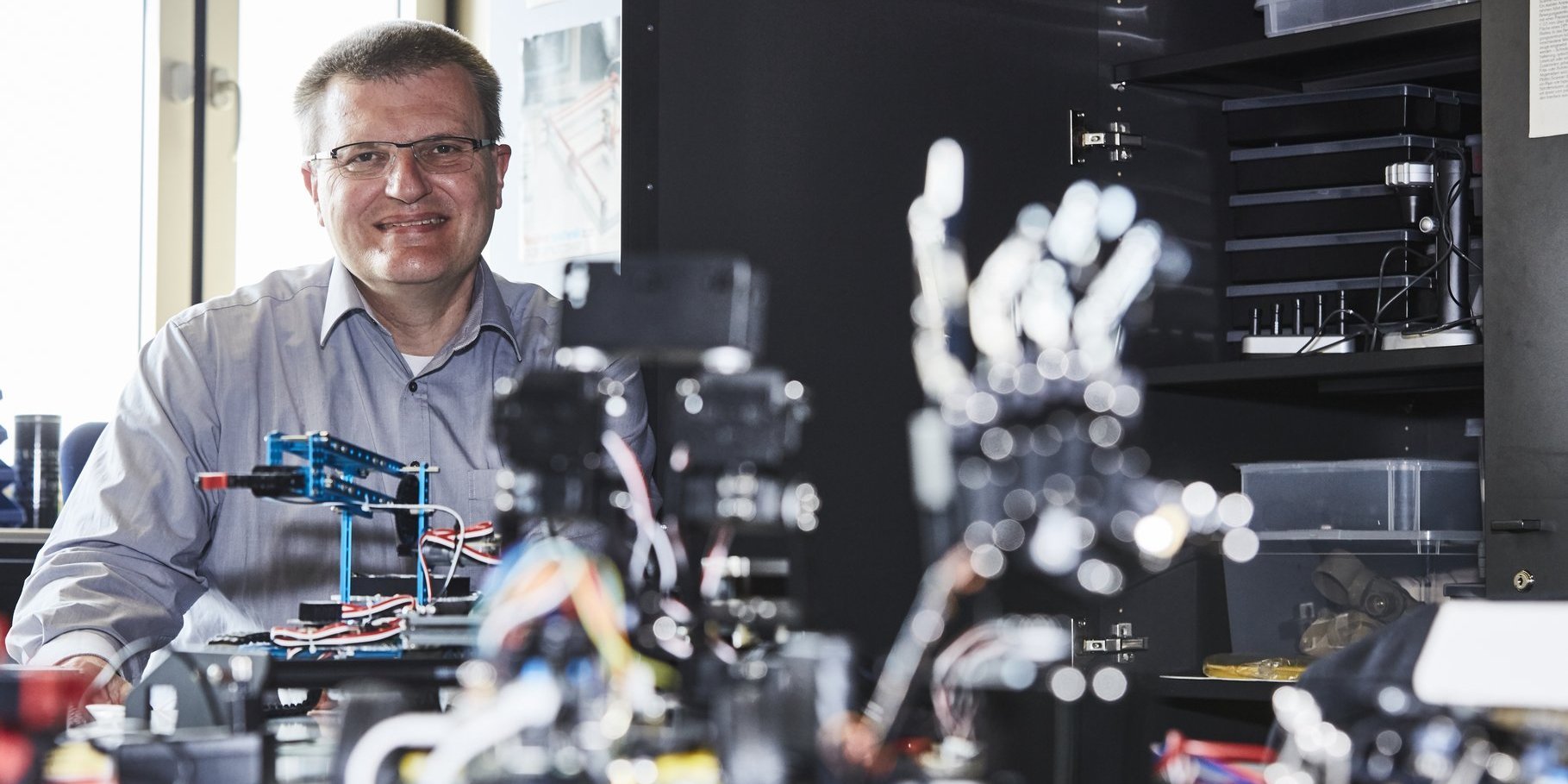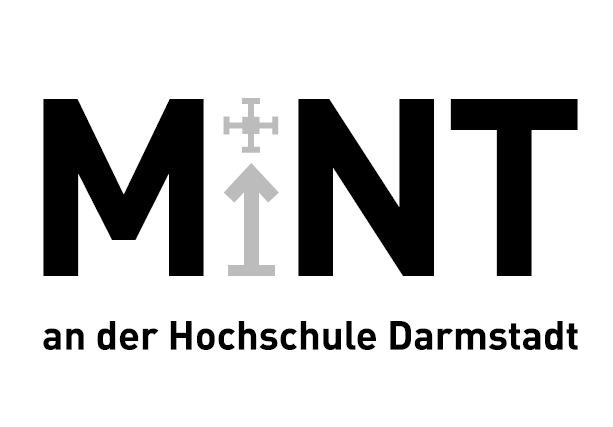
Didactic concept
- an execution by Prof. Dr. Matthias Brinkmann -
1. technology must inspire!
Enthusiasm occurs when students encounter technical issues in their everyday lives and today's technology offers amazing and fascinating solutions to these complicated challenges.
In today's world, young people are often so fascinated by the possibilities of the networked "virtual" worlds (Internet, smart devices, ...) that too little enthusiasm is left for the "real" sides of technology and science.
In no way do I want to argue here against the great opportunities and possibilities of the digital world. Instead, I want to use these new opportunities in our project as an important tool for exploring the "real world of technology." Students should be as excited by a robot they build and program themselves as they are when exploring a new online world.
2. technology must be tangible!
By "tangible" I mean "graspable" in the sense of touching and trying it out. Too often you hear adults telling children, "Don't touch that, it could break, it was expensive!" This creates fear and shyness in the youngsters to intensively explore and investigate something "real" from the technology world (i.e. hardware). Even if it could be damaged in the process.
But only those who "grasp", try out and perhaps fail with their own hands and senses learn the ability to draw the right conclusions from their mistakes and to understand and intensively penetrate the technical devices correctly.
3. technology must be comprehensible!
And this "intellectual comprehension" occurs very quickly after the "physical comprehension". I am convinced that profound and firmly anchored knowledge can only "flow" into our heads through our hands (i.e. through all our senses). As beautiful as the virtual digital world is, especially when it emulates the "real world" almost perfectly, we can only perceive it with one sense organ, the eyes. And this is often not enough for a deep understanding.
I notice this with the students (and also with my students) by the fact that the really burning questions do not come in the lectures (i.e. during frontal teaching), but only when something does not work or surprisingly works very well during practical experimentation. And it is precisely at this point that I want to be on hand to "quench" the students' thirst for knowledge.

Contact
Communication Office: C10, 02.33